Our work is entirely funded by private donations – we receive no money from government. Your money will help us continue funding research into vitiligo and supporting people affected by the condition.
Event
Vitiligo Session at IMCAS World Congress 2020
Paris, France
The latest IMCAS congress in Paris was a scientific tribune of 12,529 attendees. The core of this year's congress revolved around traditional and non-conventional definitions of health and age. This involved an exhaustive scientific program that covered essentials in clinical dermatology, regenerative medicine, microbiome, as well as new innovations like AI & robotics.
A half-day vitiligo session at the congress was succinct and laconic, yet all-encompassing. Prof. Ninja Van Geel from Belgium discussed the proper diagnosis of vitiligo. The differential diagnosis of vitiligo isn’t trivial as it includes inflammatory, post-inflammatory, neoplastic and primary pigmentary genetic disorders. Ninja asked nearly one hundred clinicians in the audience to find true vitiligo among eight images of vitiligo-like lesions. Only three of them were correct.
Prof. Torello Lotti first discussed cosmetic treatments for vitiligo and, in the next presentation, skin and gut microbiome status in vitiligo patients. Latest research reveals dysbiosis in the diversity of microbial community structure in vitiligo subjects. Individual specific signature is clearly dominant over the vitiligo-specific microbiota in both cases, yet it warrants further investigation of community-specific correlations.
Prof. Khaled Ezzedine shared his perspective on the latest in vitiligo therapies, while Prof. Laila Benzekri highlighted new insights melanocyte transplantation techniques for vitiligo. The future of vitiligo treatments — from genes to new molecules — was presented by Dr. Albert Wolkerstorfer.
Vitiligo session at IMCAS World Congress 2020 follows the success of the previous educational events, and will continue to review and focus on the recent advancements in the diagnosis, treatment and management of vitiligo.
Room 141 on Saturday 1 February 2020, from 08:00 to 12:00
Speakers:
- Dr Yan VALLE: Presentation of World Vitiligo Day
- Pr Nanja VAN GEEL: Diagnosis and differential diagnosis of vitiligo
- Pr Khaled EZZEDINE: How to treat vitiligo
- Pr Torello M LOTTI: Cosmetic treatments in subjects with non-segmental vitiligo
- Pr Laila BENZEKRI: New insights in melanocyte transplantation techniques for vitiligo
- Dr Albert WOLKERSTORFER: From genes to new treatments
- Q&A Session
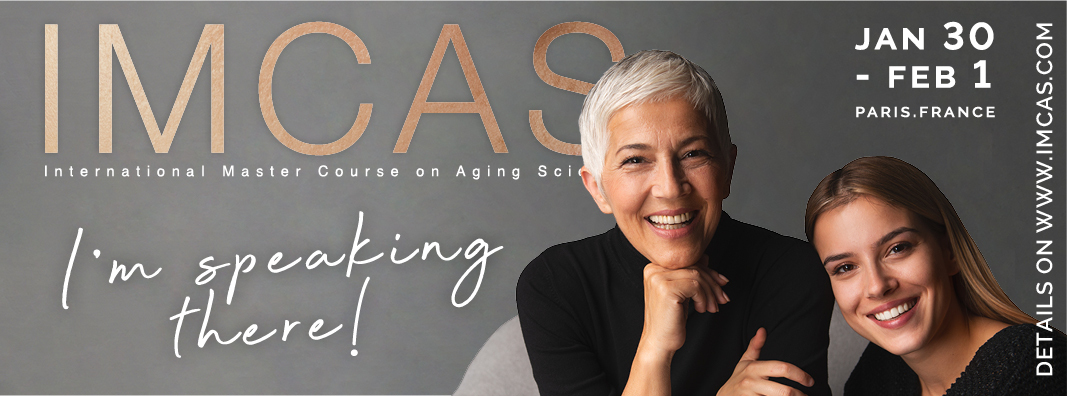
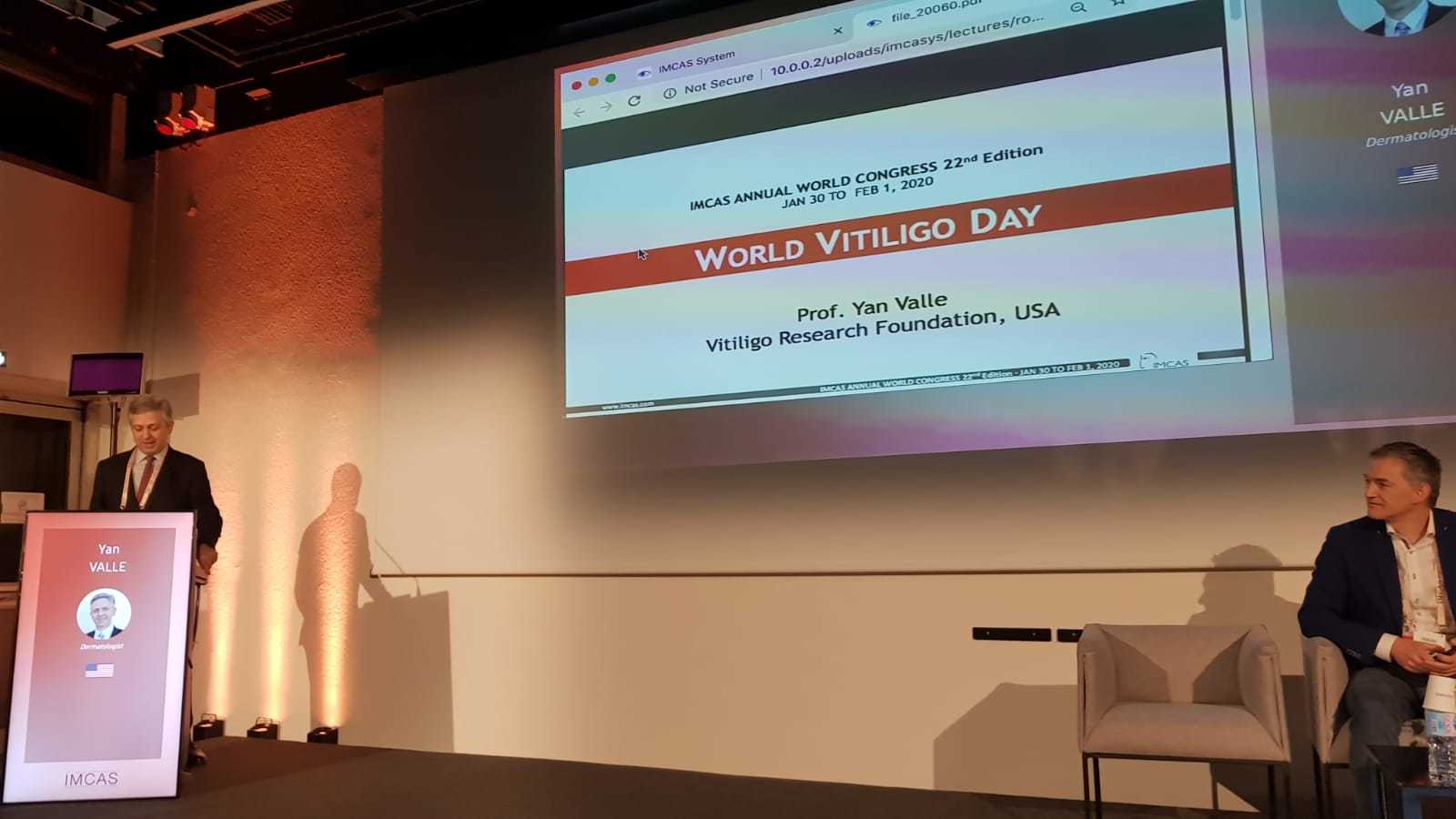
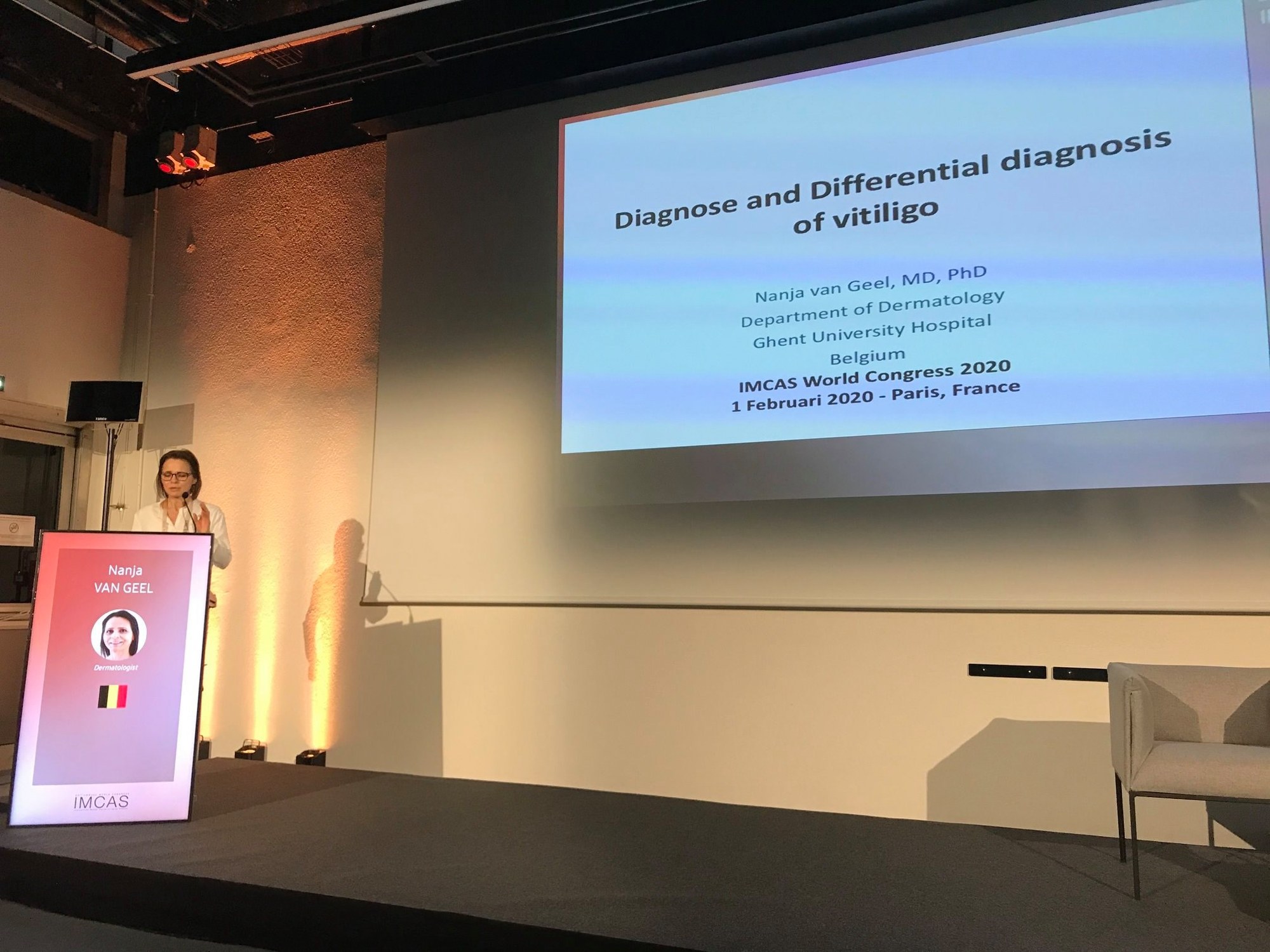
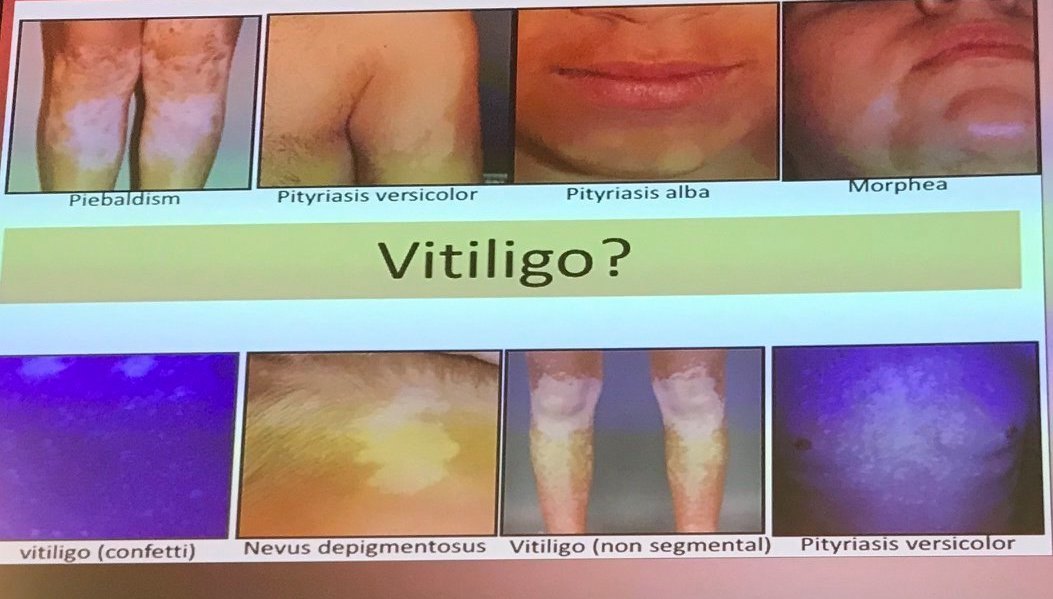
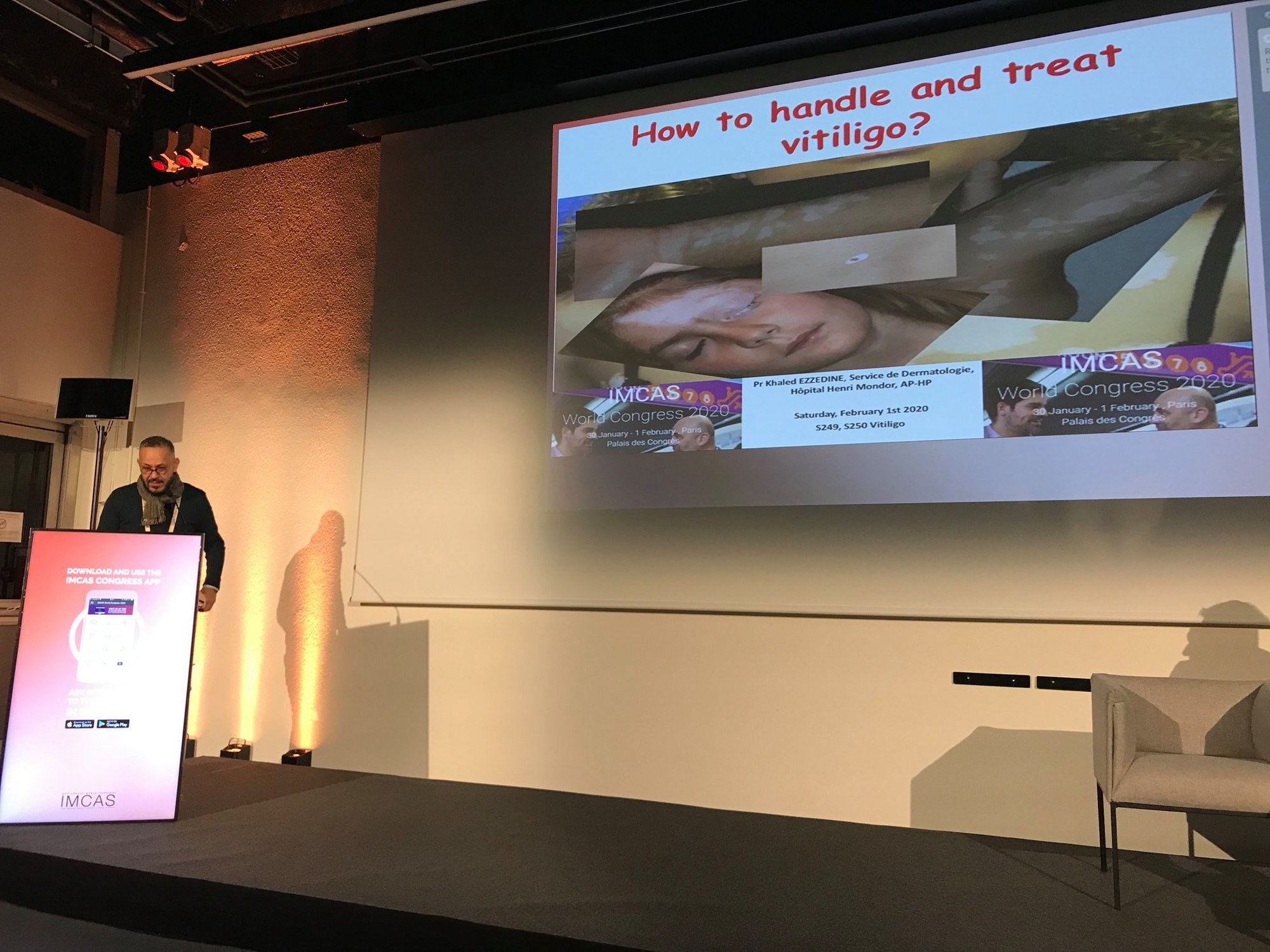
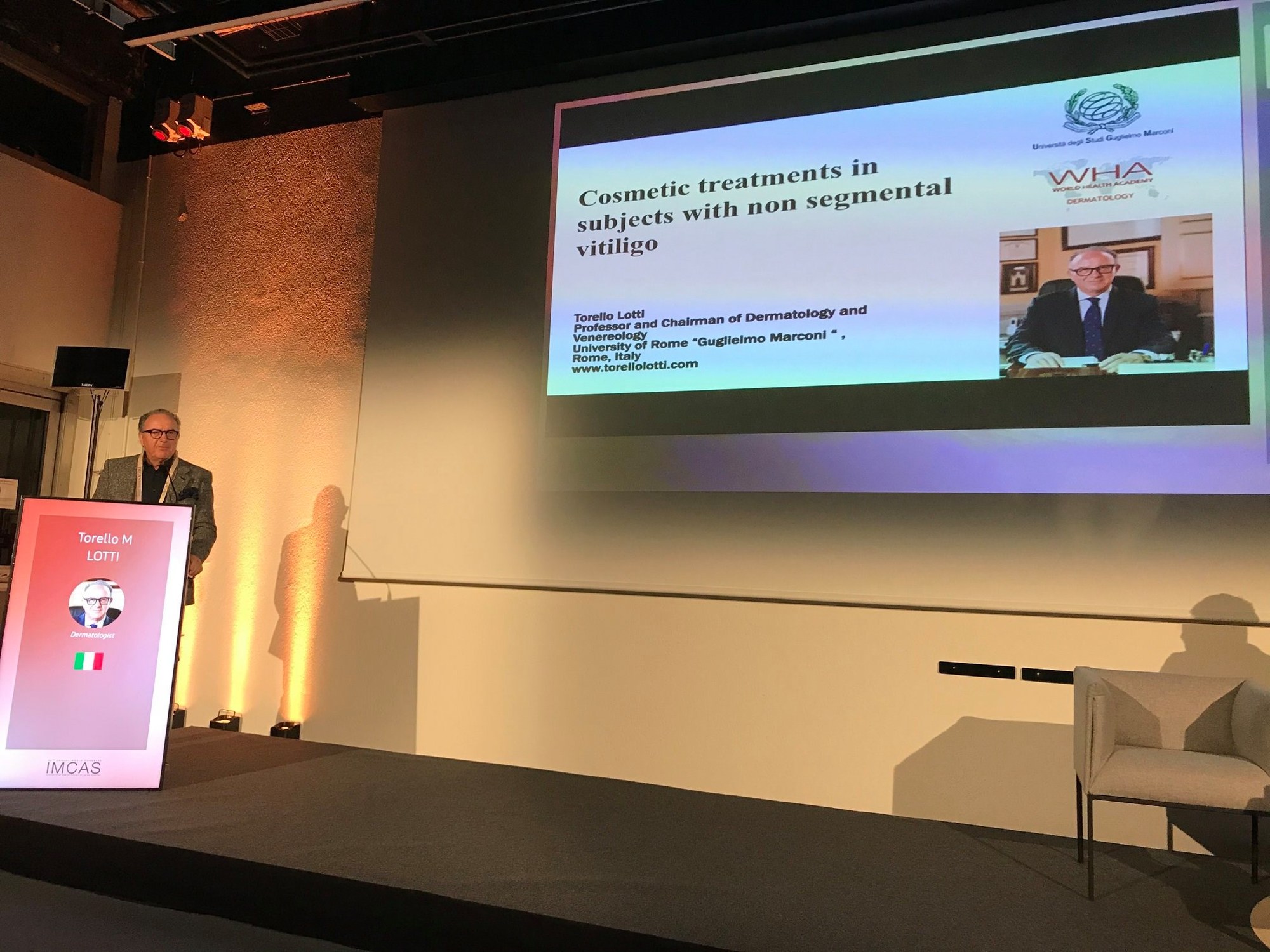
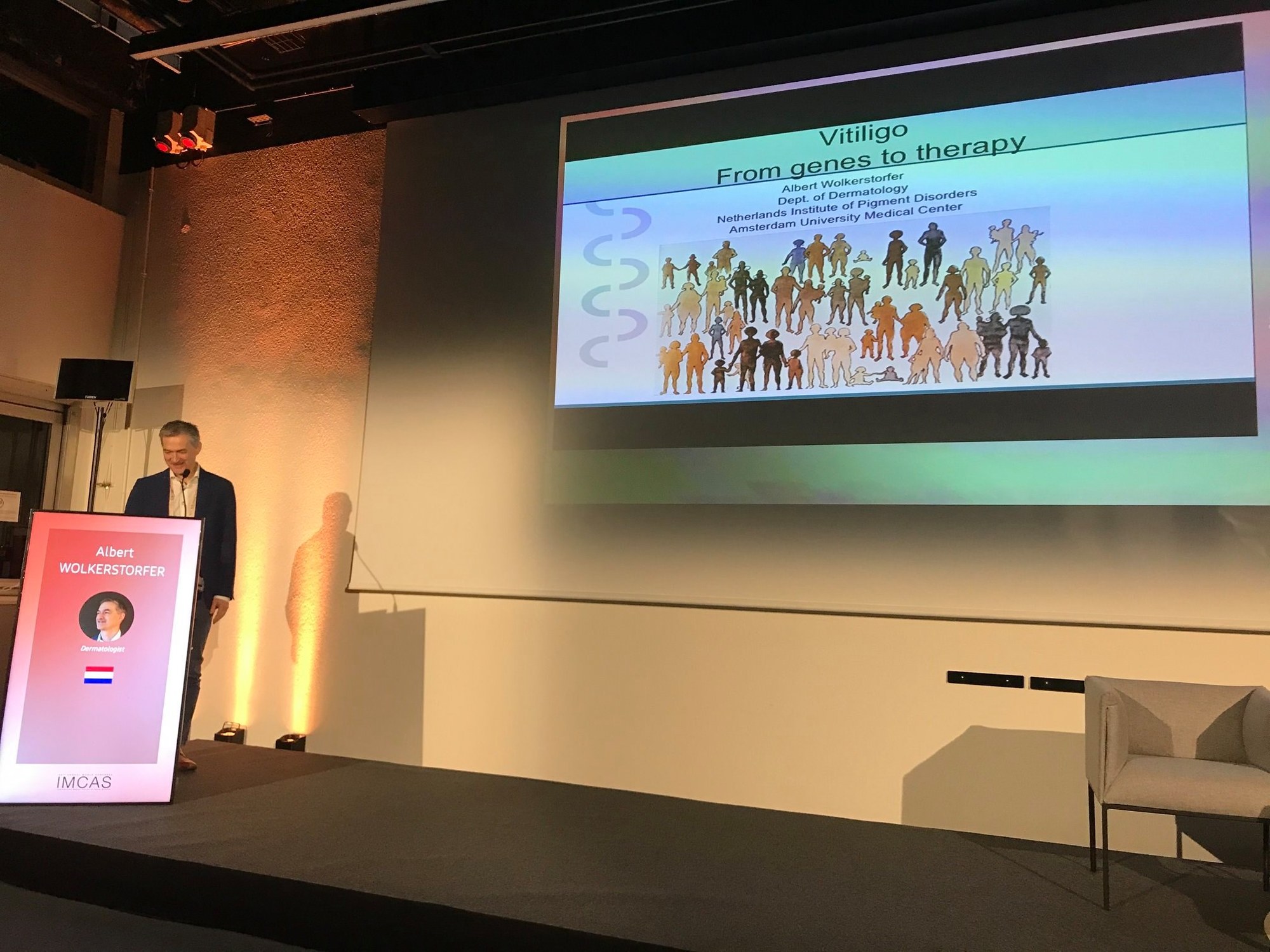
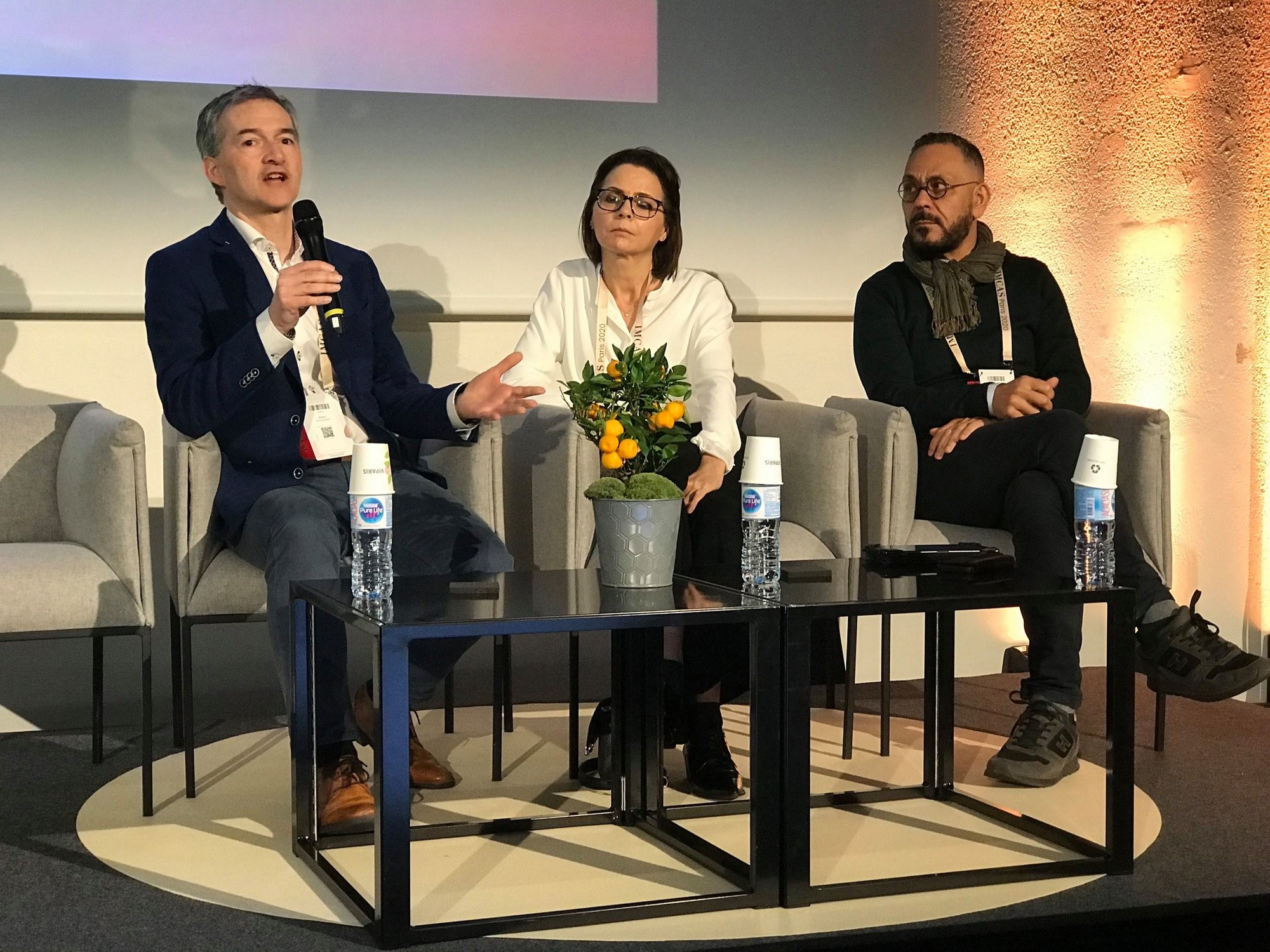
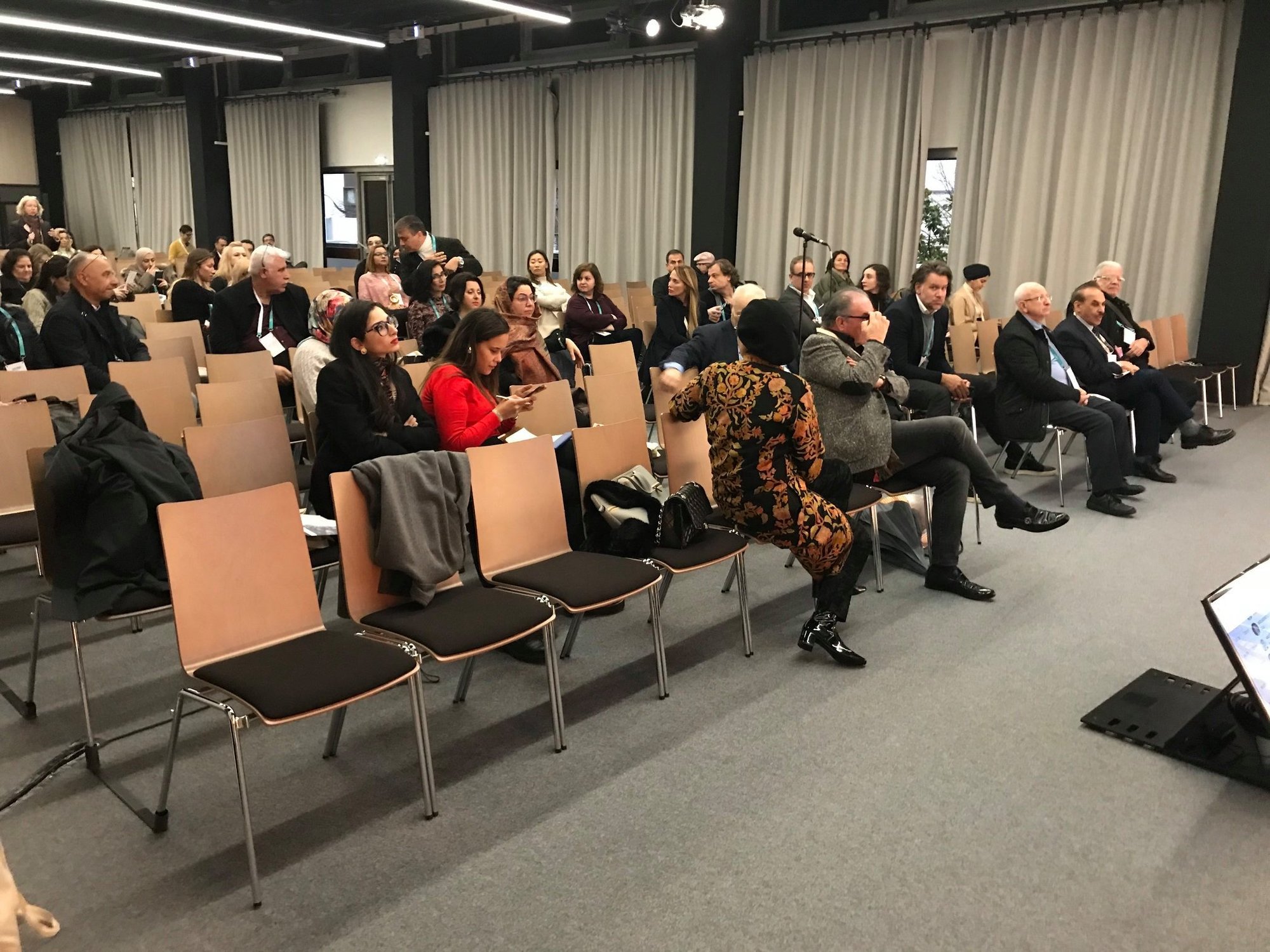
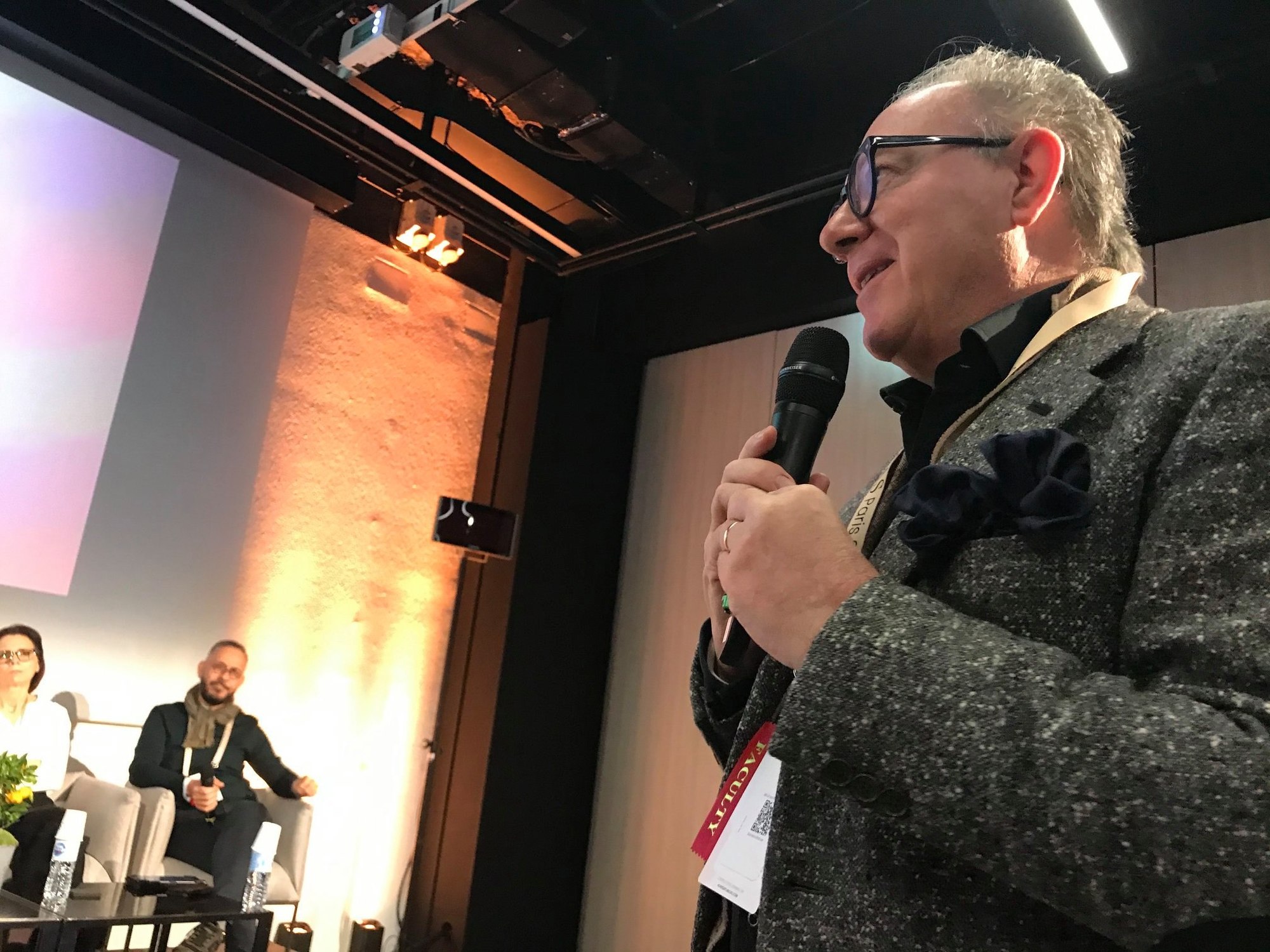
FAQOther Questions
- Are there any famous people with vitiligo?
Many celebrities have dealt with vitiligo while remaining in the public eye, maintaining a positive outlook, and having a successful career. Here are a few courageous famous peo...
- Vitiligo and Pregnancy
Pregnancy with vitiligo? The good news: vitiligo itself doesn’t make pregnancy unsafe. Most women stay stable (some even improve), though flares can pop up after birth — usually...
- How to get insurance coverage for vitiligo treatments?
Getting insurance coverage for vitiligo treatments can be challenging, but there are several steps you can take to improve your chances For a more in-depth look, check out our ...
Though it is not always easy to treat vitiligo, there is much to be gained by clearly understanding the diagnosis, the future implications, treatment options and their outcomes.
Many people deal with vitiligo while remaining in the public eye, maintaining a positive outlook, and having a successful career.
Copyright (C) Bodolóczki JúliaBy taking a little time to fill in the anonymous questionnaire, you can help researchers better understand and fight vitiligo.